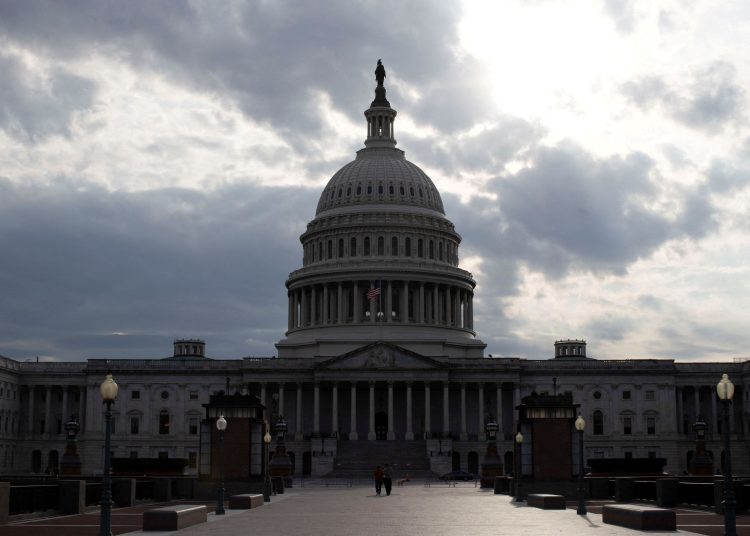A view shows the U.S. Capitol in Washington, U.S., May 9, 2024.
Kaylee Greenlee Beal | Reuters
Concern over such eye-popping numbers had been largely confined to partisan rancor on Capitol Hill as well as from watchdogs like the Committee for a Responsible Federal Budget. However, in recent days the chatter has spilled over into government and finance heavyweights, and even has one prominent Wall Street firm wondering if costs associated with the debt pose a significant risk to the stock market rally.
“We’re running big structural deficits, and we’re going to have to deal with this sooner or later, and sooner is a lot more attractive than later,” Fed Chair Jerome Powell said in remarks Tuesday to an audience of bankers in Amsterdam.
While he has assiduously avoided commenting on such matters, Powell encouraged the audience to read the recent Congressional Budget Office reports on the nation’s fiscal condition.
“Everyone should be reading the things that they’re publishing about the U.S. budget deficit and should be very concerned that this is something that elected people need to get their arms around sooner rather than later,” he said.
Indeed, the CBO numbers are ominous, as they outline the likely path of debt and deficits.
The watchdog agency estimates that debt held by the public, which currently totals $27.4 trillion and excludes intragovernmental obligations, will rise from the current 99% of GDP to 116% over the next decade. That would be “an amount greater than at any…



























































